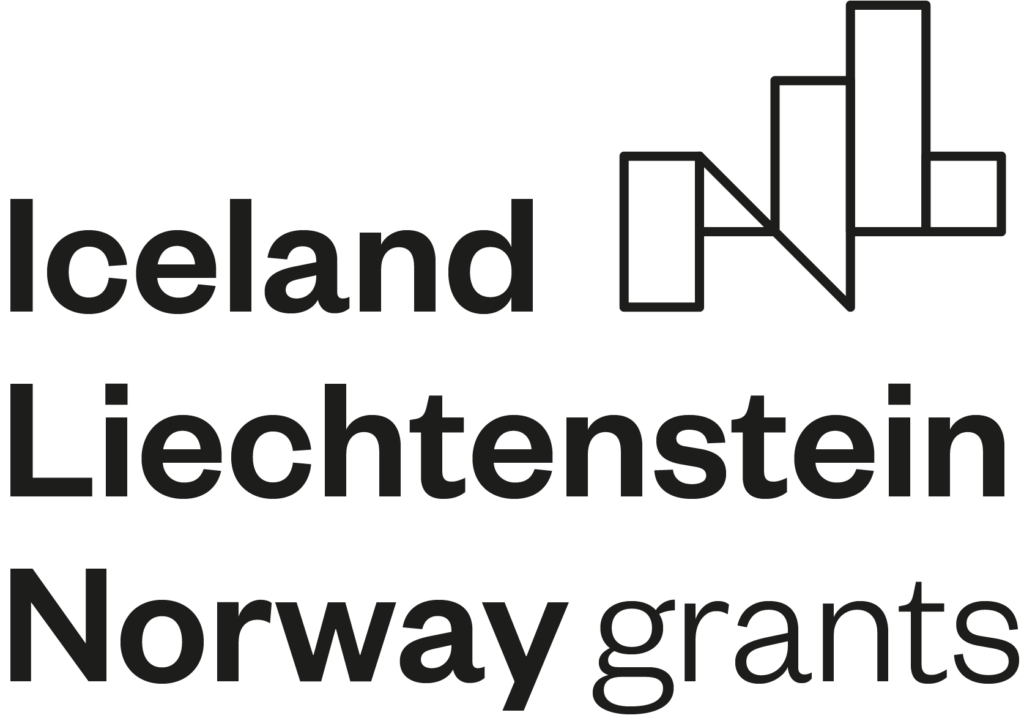PROJECT TITLE
Efficient Low-energy Electron Cancer Therapy with Terbium-161
PROJECT CODE
TO01000074
GRANT
EEA Grants and TA CR
Funding: 36 199 177 CZK
About the project:
The main aim of the project is the R&D of novel radiopharmaceuticals based on terbium-161 and novel vectors for targeted therapy of tumors. The advantage of Tb-161 is in the emission of large numbers of low energy electrons followed by gamma radiation allowing tomographic imaging and therapy follow-up. This will allow targeting of single cancer cells, micrometastases and whole tumors, particularly in early stages of diseases to increase the treatment efficiency. Project results include not only the Tb-161 production in relevant quantity, but also novel targeting molecules. Collaboration between the Czech and Norway highly experienced partners in the research, development and commercialization of the results has all prerequisites to reach the proposed results.
2021
First year of project implementation was focused mainly on Tb‐161 production and a preparation for experimental work with Tb‐161. Two systems for routine Tb‐161 production were set‐up in Czechia and Norway to ensure reliable Tb‐161 separation and back‐up. Several production runs were performed resulting in the achievement of 1 and 5 GBq of Tb‐161 activity sample milestones. Such produced Tb‐161 was further used for the development and testing of labelling protocols, QC methods and other experiments.
2022
The second year of the project was mainly focused on the development of Tb-161 production and further experiments with this nuclide. Two independent separation systems, which were built at sites in the Czech Republic and Norway, ensured regular and reliable supply of Tb-161. The main problem we faced during the project was downtime research reactors in the EU during autumn 2022, which slightly affected the progress of the project by delaying the achievement of the planned results by the end of 2022. Despite this, sufficient quantities of Tb-161 have been produced to carry out experiments. Another fact was the turnover of the research team at IFE. Despite these problems, it was possible to achieved some results ahead of schedule, others have been significantly developed and are expected to be achieved early 2023.
2023
Third year of project implementation was focused on fulfillment of the already proposed milestones and results, particularly those in delay and on the increase of the Tb-161 production capacity (towards proposed 10 GBq quantity) and the preparation of Terbium-161 labelled monoclonal antibody rituximab according to the approved project change. In total, 8 irradiation campaigns were performed in 2023 and major developments were done to achieve the proposed 10 GBq Tb-161 activity. We have successfully achieved the labelling of two types of polymeric vectors – the Terbium-161 labelled thermoresponsive polymer and the Terbium-161 labelled thermoresponsive immunoactive polymer. Also we prepared Terbium-161 labelled trastuzumab targeted nanoparticulate vector based on magnetite NPs bearing at least 100 MBq of Tb-161. Further, the FGF1 factor, FGFR antibody and bevacizumab monoclonal antibody were sucessfully prepared in relevant quantities (>100 MBq). Two already developed systems for routine Tb-161 production in Czechia and Norway ensured reliable Tb161 separation and back-up with continuous works on their upgrade and process automation.
2024
Fourth year of the project implementation was mainly focused on the fulfillment of the newly proposed milestones (according to the last project change) and achievement of the other planned results, particularly those delayed. In total, 8 irradiation campaigns were performed in 2024. All the proposed results were achieved within the project, enabling us to further develop our results in the implementation phase of the project. Additional project results of 10GBq 161Tb sample TO01000074-V31 and radiolabelled compound TO01000074-V32 Terbium-161 labelled monoclonal antibody rituximab were also achieved. Throughout the entire period of project execution, major milestones were achieved: 1. The acquisition and development of Gd-160 irradiation technology and installation of Tb-161 production facilities, 2. Achievement of the final highly-pure Tb-161 product and development of Tb-161 applications for radiopharmacy, including labeled small molecules, nanoparticles, monoclonal antibodies, in vitro and in vivo biological studies, dosimetric and stability studies, and more. In this way, our team ranks among the very few research clusters worldwide capable of such achievements. Despite the conclusion of the project, we plan to continue further development and expansion of Tb-161 applications for nuclear medicine, thereby implementing our results, including their practical application and commercialization, moving us into the implementation phase of the project.
Beneficiary and project partners:
České vysoké učení technické (ČVUT)
Oslo University Hospital
Centrum výzkumu Řež s.r.o.
Nordic Nanovector ASA
Ústav makromolekulární chemie AV ČR, v. v. i.
Institute for energy technology

The Efficient Low-energy Electron Cancer Therapy with Terbium-161 project benefits from a € 1,4 mil. grant from Iceland, Liechtenstein and Norway through the EEA and Norway Grants and the Technology Agency of the Czech Republic.
The project is carried out under the KAPPA funding programme for applied research, experimental development and innovation, managed by the Technology Agency of the Czech Republic.
